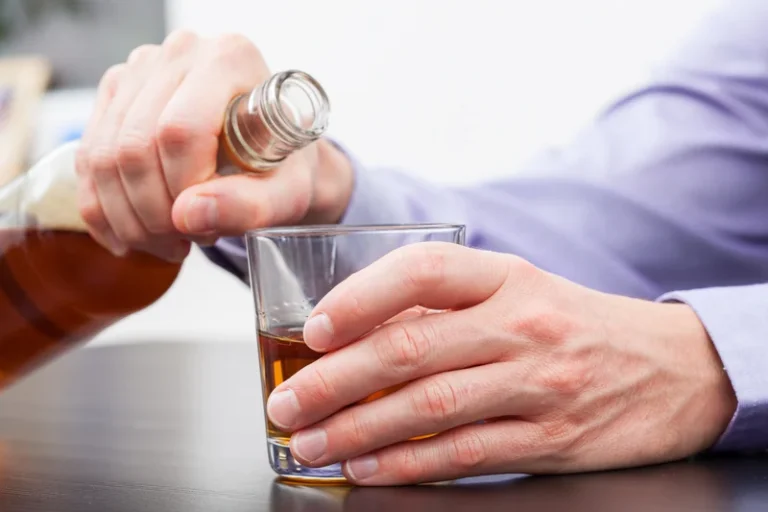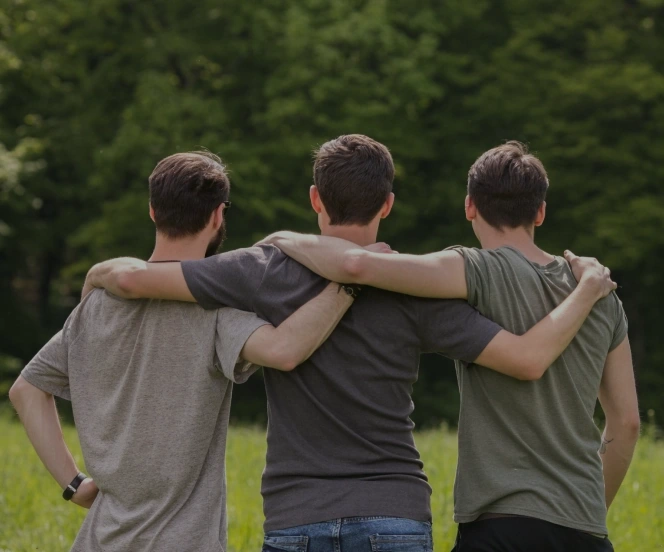
We won’t actually act on this step until we get to Principle 6. For right now, just ask yourself who might be on your amends list. What activities or habits have caused harm to my physical health? Many of us say that we have the right to do whatever we want to our own bodies. We somehow think this is freedom, but we’re really becoming a slave to our own desires. And—as many of us here in this room know—it’s not long until those desires are running our lives.
Get to know your needs as an empath or highly sensitive person
In The Big Book of AA, the 12 steps outlined are a formalized approach to achieving this transformational change. You should also try to find other people in AA who share your beliefs and struggles; they can provide support and fellowship as well as offer helpful advice. Just remember, even if you don’t share the same beliefs, everyone in AA are united by their shared experience with addiction and their desire to stay sober. One of the most important things in AA is finding a sponsor – someone who has been through the program and can help guide you through it. If you’re struggling with the concept of God, try to find a sponsor who shares your views. That way, they’ll be able to relate to your experience and offer advice from a place of understanding.
- This isn’t about a legalistic set of religious rules we are required to follow.
- Self-reliance can also be dangerous because it can lead to pride.
- This will allow them to undergo the required shift in thought that will free them from their addiction.
- Some people can have one Christmas cookie and they’re good.
- It’s been medically proven that after a few days of not drinking, alcohol is completely processed out of the body.
- Also, the concept can be seen as judgmental, focusing too much on personal flaws and moral failings as root causes of addiction.
Final Thoughts on Living the Spiritual Life and Recovery
I had many old ideas and prejudices that had to be examined and released. Through prayer, we tap into the ancient practice of communing with something deeper within us. Even if you feel nothing at first, prayer helps you to access a glimmer of hope, a hint of light on the horizon. Prayer is also a way of reaching out for help and guidance, which is an act of self-love and healing in and of itself. When we are disconnected from our Souls, our True Selves, our Higher Nature, we feel innately lost. And we always carry a hole inside of ourselves that can never quite be filled.
The spiritual malady and addiction
In these situations, I feel further from God than normal and then I wonder who moved me or God and the answer is always me. As we work towards this state of selflessness we find that we are slowly being relieved of the hopeless alcoholic state we once thought we were doomed to be in forever. It is constant maintenance of being spiritually connected with a god of your understanding. It is strange paradox, the more you focus on helping others, the more you discoverhow much you matter.

The Spiritual Malady: A Hole in the Soul

Daily practice of these principles can lead to sustained sobriety and spiritual development. Once you’ve found something that you can believe in, it’s important to remember that your Higher Power is there for you when you need it. When things get tough, take a moment to pray, meditate, or just sit quietly and think about your Higher Power and what it means to you. Allow yourself to feel the strength and support that comes from knowing that there is something bigger than yourself out there rooting for your success. One of the great things about AA is that it’s flexible – you can make it work for you, even if you don’t believe in God.
Why is it so dangerous to be self-reliant when suffering from an addiction?
- For example, a concept in 12-Step recovery is that spirituality can be faith in anything that is not oneself.
- After overcoming homelessness and drug addiction, Adam found his life’s purpose in helping addicts find the same freedom he found.
- The thoughts we have as alcoholics are often insidious in such a way that we can’t tell what is true or false.The AA Big Booktalks about this delusion we develop in active addiction.
- We can see it in our materialistic greed, our narcissism as a species, and our addictions that never seem to go away.
- Therefore, they must make an effort to establish a rapport with this higher power.
- Let others know that they aren’t alone in their suffering.
This means those things that are not solid- such as our thoughts, our beliefs, our emotions- are what is spiritual. When we say that alcoholism or drug addiction is ‘a spiritual malady’, it means that our disease in centered in these things (thoughts, beliefs, emotions). Those who have sensitively wired nervous systems (highly sensitive people) and deep feelers (empaths) are at risk of developing complicated grief simply due to their personality type/disposition. This is not to say that all HSPs or empaths will develop complex grief, but for some, there is certainly the possibility – especially if there has been a history of unresolved trauma. The spiritual malady is the idea that people with AUD or SUD are missing something essential in their lives that they then try to fill with alcohol or drugs. In recovery, many people argue that this missing component is spirituality, hence a spiritual malady.”
Remember, you can’t heal a wound by saying it’s not there. Sometimes it’s easier to admit our resentments against a stranger or co-worker than someone in our own family. So denial spiritual malady can be a pretty thick fog to break through in this area. It takes rigorous honesty, and it might require a lot of digging and peeling away of layers to start uncovering things.
- You can pray in whatever way you like, as long as you like, to whomever you like.
- Complicated and long-lasting grief goes much deeper than that – at its core, it’s to do with your Soul which is also known as your True Nature.
- It is important that when we embark upon this quest to alleviate our spiritual malady that we are not too harsh on ourselves.
- You’re not alone – there are plenty of people in AA who don’t believe in God, or who have trouble with the concept of a higher power.
- Intellectually, believing in something we cannot physically see or a scientifically proven exists is a hard pill to swallow, those intellectual individuals shut the idea out completely.
Why is professional help important for addressing spiritual malady and addiction?
For example, you might like to punch a pillow for ten minutes and see whether anything stirs within you. Physical catharsis is an important way of processing grief, so give yourself permission to let it all go – even if it looks/feels odd, ‘silly,’ or melodramatic. While one is longing for the person (who mirror’s your own Soul qualities), the other is longing for Divinity/God/Enlightenment. The feelings of loss, longing, emptiness, and sorrow that you’re experiencing mirror exactly what those undergoing a Dark Night experience. The only difference is that those experiencing complex grief are seeing all their hope, freedom, and happiness bound-up in the lost person.
